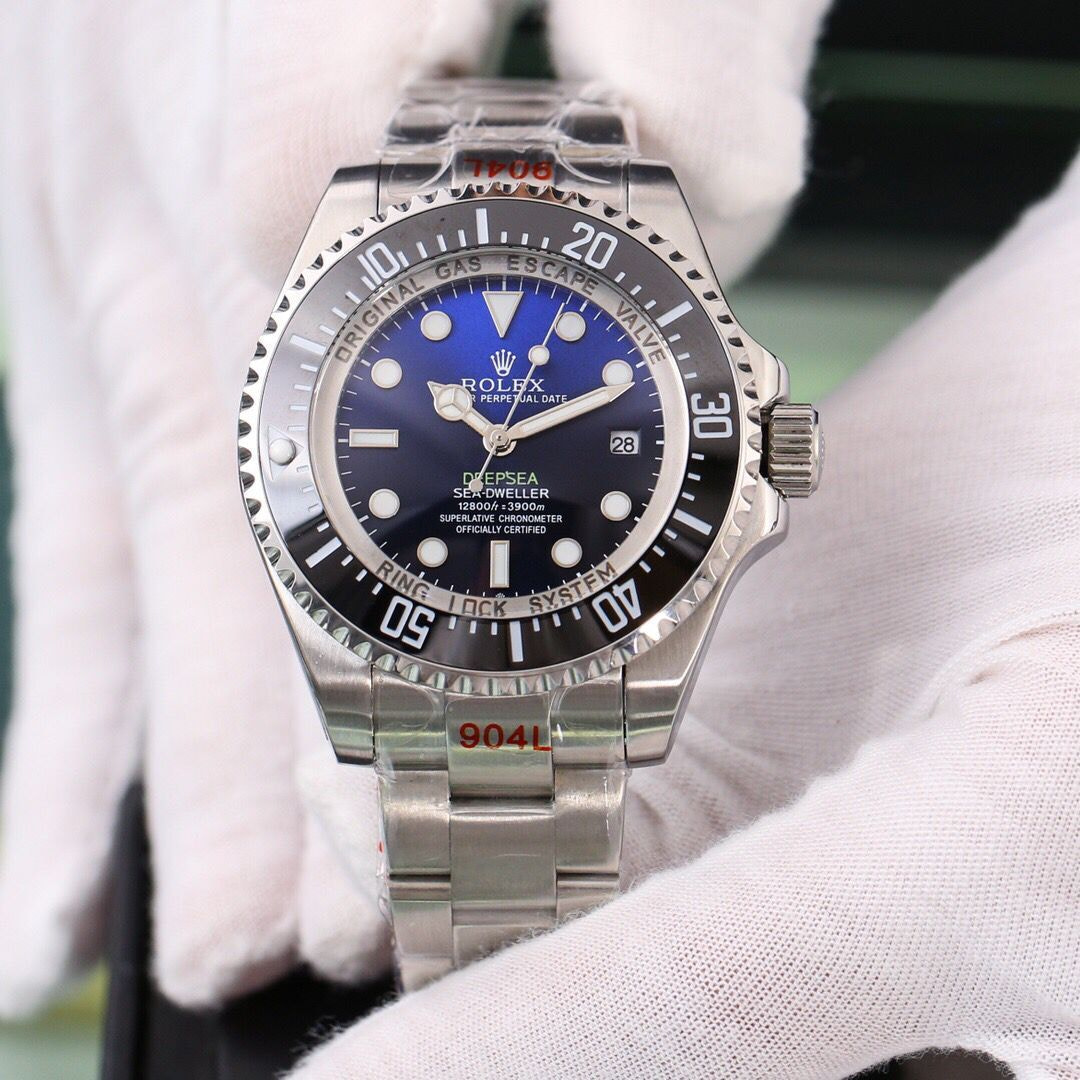The Counterfeit Conundrum
페이지 정보

본문
One of the primary effects of counterfeit goods on local economies is the loss of revenue for legitimate entrepreneurs. When consumers purchase counterfeit products instead of genuine ones, they are depriving the original manufacturer and retailers of their hard-earned incomes. This can have a ripple effect on the overall economy, causing businesses to reduce staff, reduce their workforce, or even go out of operation altogether.
Another concern is the impact on career advancement. As legitimate businesses struggle to stay afloat due to the sale of counterfeit products, they are less likely to hire new employees or invest in their existing workforce. This can lead to higher labour shortages and a decrease in economic expansion. Moreover, the production and sale of counterfeit goods often involve unfair working conditions, with workers being paid low salaries or even forced to work under unsafe workplaces.
Counterfeit goods also undermine the reputation of legitimate businesses and can lead to a loss of consumer faith. When consumers discover that a product they purchased is counterfeit, they may lose trust in the company, and be less likely to purchase from them in the future. This can result in a loss of brand value and a decline in sales, further exacerbating the economic impact of counterfeiting.
In addition to these economic effects, counterfeit goods can also have serious health and safety implications. Counterfeit medications, for instance, have been linked to numerous cases of health issues and even deaths. Similarly, counterfeit electronics and electrical goods can be faulty and pose a risk to consumers, potentially leading to accidents.
So, what can be done to mitigate the effects of counterfeit goods on local economies? First and foremost, law enforcement agencies and governments must work together to enforce anti-counterfeiting laws and take action against individuals and businesses involved in the production and sale of counterfeit products. This can be achieved through increased surveillance, audits and raids, and operations on suspected counterfeit operations.
Consumers also play a crucial role in preventing the sale and consumption of counterfeit goods. By buying genuine products only from authorized retailers, or directly from the manufacturer, consumers can help prevent the sale of counterfeit items and support the local economy. They should also be aware of the indicators of counterfeit goods, such as poor packaging or labeling.

Educational initiatives and スーパーコピー public awareness campaigns can also help raise awareness about the risks associated with counterfeit goods and the importance of buying genuine products. By educating consumers and businesses alike about the negative impact of counterfeiting, we can work towards a safer and more prosperous local economy.
Ultimately, combating counterfeit goods requires a collective effort from governments. By working together and taking steps to prevent the sale and consumption of counterfeit products, we can protect the local economy and ensure that consumers are not misled by fake and potentially hazardous goods.
- 이전글While you Ask People About Vape Juice Humble This is What They Answer 25.07.21
- 다음글Try These 5 Things When you First Begin Resep Makanan (Due to Science) 25.07.21
댓글목록
등록된 댓글이 없습니다.
